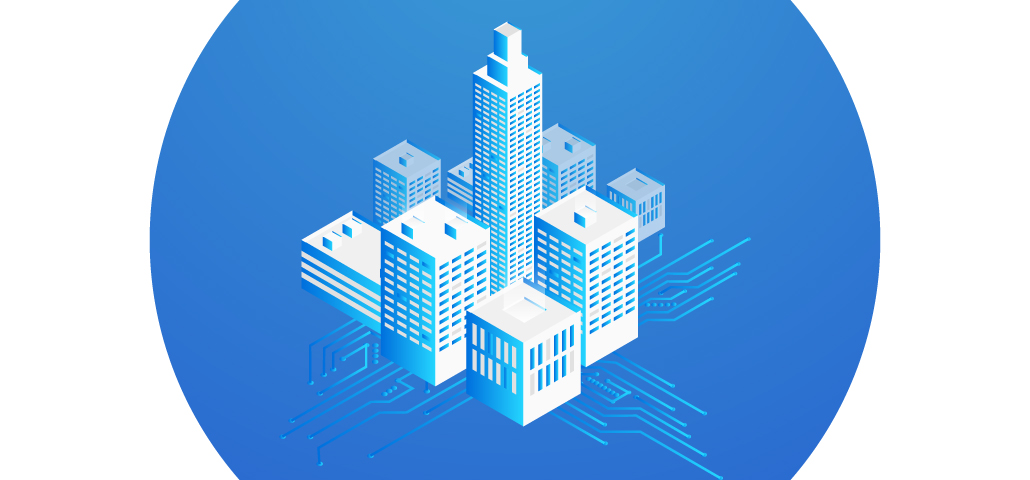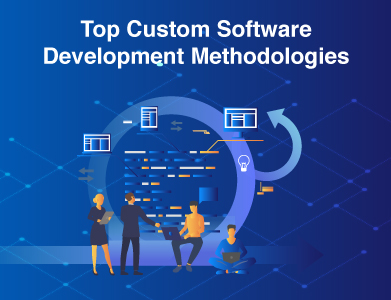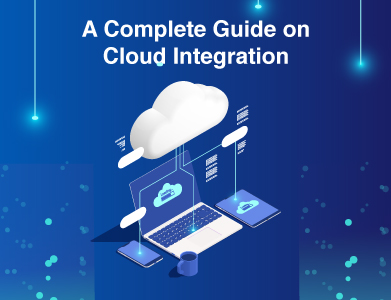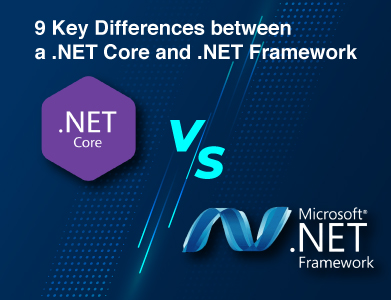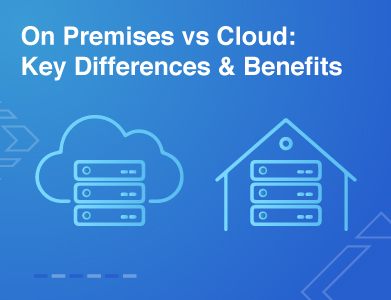Expertise
If you’ve been in real estate long enough, you know the industry has always thrived on relationships, location expertise, and boots-on-the-ground hustle. But today, technology is fundamentally reshaping how real estate is built, sold, managed, and scaled.
Modern property solutions are in high demand. Clients expect efficiency, transparency, and data-driven insights. Consequently, partnering with a specialized real estate software development company has become a crucial strategic move.
Consider the benefits:
- For brokers: A custom-built CRM, tailored to the specific needs of real estate transactions, can significantly enhance client management and streamline deal closures.
- For property managers: Automation of routine tasks, such as rent collection and maintenance requests, optimizes operations and frees up valuable time.
- For investors: Scalable platforms, offering real-time market data and streamlined portfolio management, facilitate informed decision-making and capitalize on market opportunities.
Ultimately, the development of bespoke real estate software is no longer a mere operational enhancement. It's a strategic driver for growth and competitive advantage in the real estate market. This technological integration is becoming a key factor in future success.
Let’s explore what PropTech truly means, where the market is heading, and how it's changing the way we interact with real estate.
What Is PropTech?
PropTech (short for Property Technology) refers to the application of digital innovations to improve and modernize the real estate industry. It's a broad category that includes software, hardware, platforms, apps, and services that support real estate functions, from buying and selling property to managing tenants and optimizing building performance.
Unlike generic technology tools, PropTech solutions are tailored specifically for real estate stakeholders. This includes property developers, investors, agents, tenants, and building managers.
Key PropTech tools and platforms include:
- Property listing websites
- Smart building solutions using IoT
- Virtual property tours using AR/VR
- AI-powered pricing tools
- Real estate CRMs and leasing automation platforms
- Blockchain for secure property transactions
These technologies are enhancing workflows & changing industry expectations. Tenants now expect mobile-first communication. Buyers demand instant access to listings. And investors rely on data-driven decision-making.
Overview of the PropTech Market
The PropTech market has evolved from a niche concept to a global movement. In recent years, it has attracted billions in venture capital and continues to draw interest from traditional real estate firms looking to stay relevant.
According to recent industry insights:
- The number of PropTech start-ups has grown exponentially over the last decade.
- Venture funding in PropTech surpassed $32 billion globally.
- Leading segments include smart buildings, real estate fintech, virtual property services, and property management platforms.
This momentum is driven by increasing demand for agility, efficiency, and customer-centric experiences across the real estate value chain.
Key Benefits of PropTech Software
PropTech offers distinct advantages across all levels of the real estate ecosystem. Here are the top benefits:
1. Operational Efficiency
Software automates manual tasks like rent collection, tenant onboarding, maintenance requests, and financial reporting. This saves time, reduces overhead, and improves accuracy.
2. Enhanced User Experience
Modern tenants and buyers want seamless, digital-first interactions. PropTech delivers features like virtual tours, chatbots, mobile apps, and self-service portals to meet those expectations.
3. Real-Time Decision Making
AI-powered analytics and big data tools give real estate firms access to insights that support faster, smarter decisions about pricing, investment, and resource allocation.
4. Cost Savings
By optimizing energy use, automating workflows, and reducing vacancies, PropTech leads to measurable cost savings.
5. Sustainability and Smart Buildings
Smart sensors and IoT help reduce energy waste, track environmental impact, and comply with ESG standards.
Emerging Tech Trends in PropTech
As technology continues to evolve, PropTech is being shaped by several breakthrough innovations that are reshaping industry norms and enabling entirely new possibilities.
Artificial Intelligence (AI) & Machine Learning
AI and machine learning are unlocking smarter ways to manage and invest in real estate. These technologies help automate repetitive tasks and improve decision-making accuracy. Applications include:
- AI-powered chatbots for instant, 24/7 tenant support
- Predictive maintenance to avoid costly repairs
- Intelligent pricing models that adjust based on market behaviour
- Lead qualification engines that identify high-value prospects
As AI gets more sophisticated, its ability to personalize user experience and generate actionable insights continues to grow.
Virtual and Augmented Reality (VR/AR)
Virtual and augmented reality are redefining how people explore properties. From remote property tours to 3D interior walkthroughs, these immersive tools help users visualize spaces in detail without needing a physical visit. This is particularly impactful in:
- Off-plan property sales
- International real estate transactions
- Customized renovation previews
These experiences help reduce sales cycles and improve buyer confidence.
Big Data Analytics
Real estate companies generate and manage vast amounts of data. Big data tools help analyze this information to uncover market trends, predict asset performance, and assess risk. Use cases include:
- Dynamic pricing models for rental properties
- Investment forecasting tools
- Behavioural analytics to improve marketing campaigns
By leveraging big data, firms can make more confident, evidence-based decisions.
Internet of Things (IoT)
IoT brings connectivity and intelligence to buildings through sensor-driven automation. Smart devices collect real-time data on building operations, which can be used to:
- Monitor energy usage
- Detect system failures early
- Enhance tenant comfort and safety
Smart buildings powered by IoT are more sustainable, responsive, and cost-efficient.
Energy Optimization
Energy efficiency is a key focus for both regulatory compliance and operational savings. PropTech enables energy optimization through automation, real-time monitoring, and AI-driven energy management. Innovations include:
- Smart thermostats and lighting controls
- Predictive energy modeling
- Integration with renewable energy sources
These technologies help real estate firms meet green building standards and achieve long-term sustainability goals.
The Future of PropTech
The next phase of PropTech will focus on integration and intelligence. We’re already seeing platforms that combine AI, IoT, blockchain, and VR into unified solutions that handle everything from discovery to closing.
Other predictions include:
- Decentralized property marketplaces using blockchain
- Fractional ownership models driven by tokenization
- Hyper-personalized real estate services based on behavioural data
Conclusion
PropTech is no longer on the side-lines of the real estate industry. It is the engine driving innovation, user experience, and operational transformation. Whether you're a developer, investor, or tenant, the rise of PropTech means faster service, smarter buildings, and better outcomes.
The opportunity now lies in adoption. Real estate businesses that embrace PropTech today will be tomorrow’s market leaders.
01What is PropTech software?
PropTech software includes digital tools that support real estate operations such as property listings, CRM, building automation, leasing workflows, and virtual tours.
02What is an example of PropTech?
Zillow is a well-known PropTech example that helps users find and compare properties. Another example is ButterflyMX, which provides smartphone-based building access systems.
